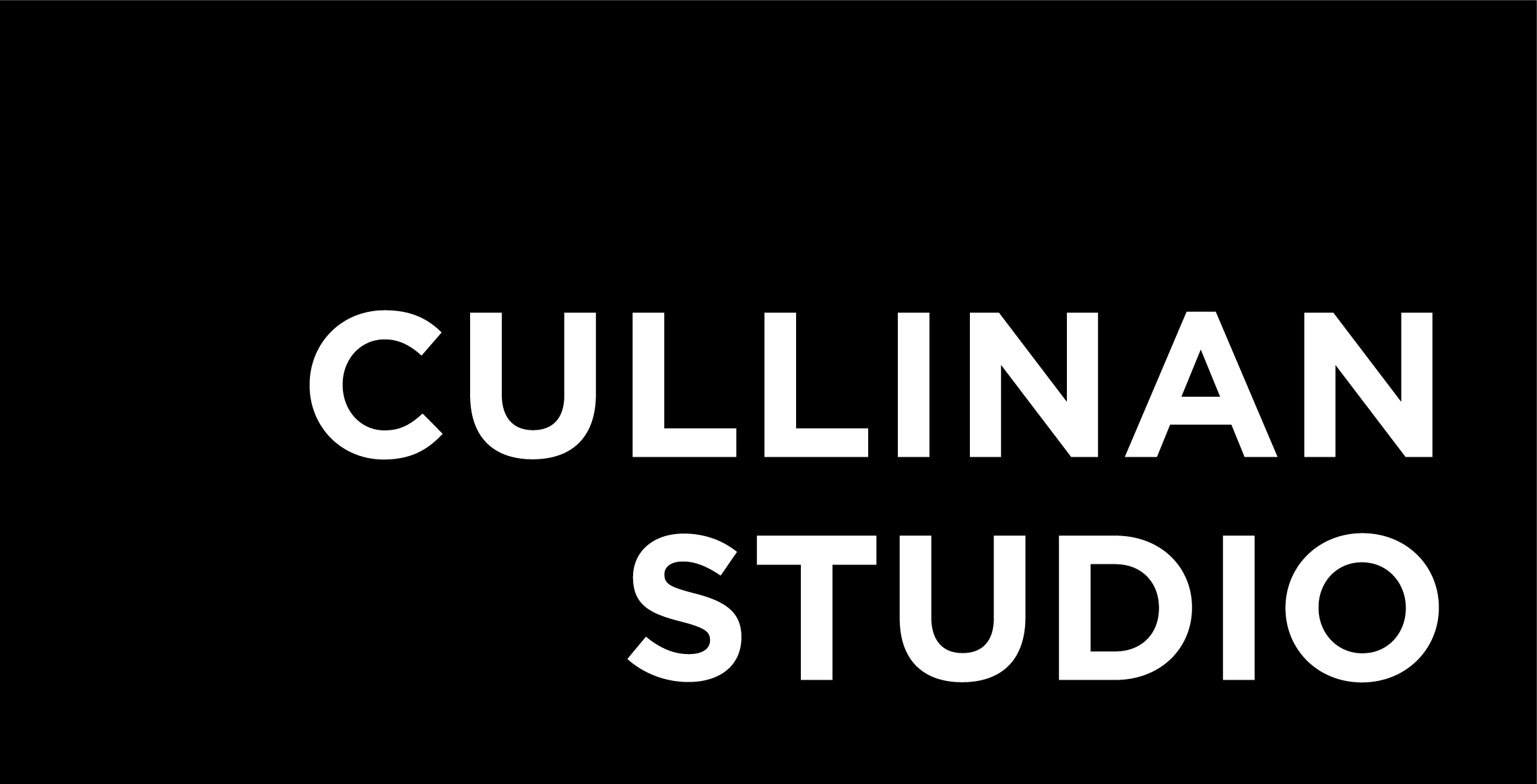GUARDIANS OF THE FUTURE
Bringing lasting social value to our communities
23 FEBRUARY 2021 BY SAHIBA CHADHA
A little way along Regent’s canal from Angel, two former concrete kitchen worktops sit proud against a suntrap wall of industrial Victorian brick, amongst hollyhocks, creeping passion flowers and tufts of verbena. The worktops, from our old office, have been reincarnated as benches nestled in a “guerrilla garden”, which has been sown and tended by green-fingered partners at our practice.
For us, maintaining this garden is our way of giving a piece of the natural world back to our local community. Enjoyed by canal and towpath users of all ages our garden is a unique form of giving back, beyond the usual outreach and fundraising.
But what to call these joyful activities that happen at the periphery of professional practice? We may class it as “responsible business practice”, “social impact” or “corporate social responsibility” (CSR), but really it’s about giving back to our community in a meaningful way.
Today, communities stretch far beyond physical localities, to those who share your outlook, attitude or even parts of your personal story. As Cullinan Studio, the lens through which we view the world may be as an Islington business, as a collective of built environment professionals or as a group of global citizens. I always prefer the latter. We want to meaningfully contribute to each “branch” of community, which is where a good programme of responsible business activities starts.
As designers, our practice’s purpose is to help grow the connection to nature in our communities. As global citizens, this broadens to contributing to the healthy and natural social function of our communities, in a way that is appropriate to our expertise.
Measurement is at the heart of honest and fair practice. Using the UN’s Sustainable Development Goals as a basis, from 2018 to 2019 we accrued 650 hours of activities (approx. 25 hours per employee). We have also engaged with the Blueprint for Better Business community to benchmark our activities. They advocate five principles: delivering sustainable performance, practicing honestly and fairly, being a responsive employer, promoting good citizenship and working as guardians for future generations. An admirable set of rubrics – but how do these fit into architectural practice?
We explore fairness and responsive employment though our cooperative ethos and delivering sustainable performance is the esoteric goal for most responsible practitioners in our industry.
Our cooperative ethos naturally promotes good citizenship and to consider people affected by our work as part of our personal community. This alone is not enough – all communities should have a hand in shaping their environment. This hinges on proper representation and access to opportunities for a diverse spectrum of people. In response, Cullinan’s have mentored on Open City’s widening participation programme (WP) – Accelerate into University – and adopted WP criteria for our in-house work experience programme where we take on two students per quarter. Outside of the design world, we share creativity as a vehicle to heal in recent collaboration with local mental health charity Body and Soul to deliver mindfulness craft workshops.
Finally, there is the Blueprint’s epic principle of becoming guardians for future generations. Here good communication is paramount, sharing knowledge rather than holding back for self-interest. For me, this means engaging the London Festival of Architecture, Open House, All-Party Parliamentary Climate Change Group and organising our own events to give sustainable dialogue a local platform.
Ultimately, to be guardians for the future we must be responsible stewards in the present. For us, engaging with responsible business activity, be that championing biodiversity in our design projects, widening participation or tending our guerrilla garden, is an act of stewardship that seals in a connection between society and nature. It’s a connection that is vital to protecting the natural world, effectively tackling the climate emergency and sharing in communities we can be proud of.


